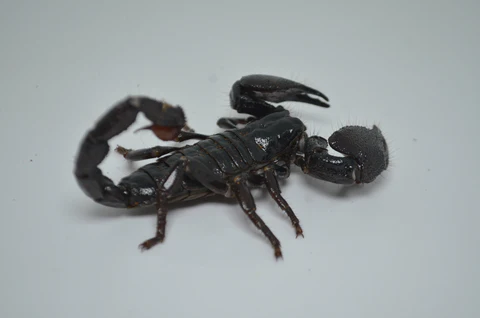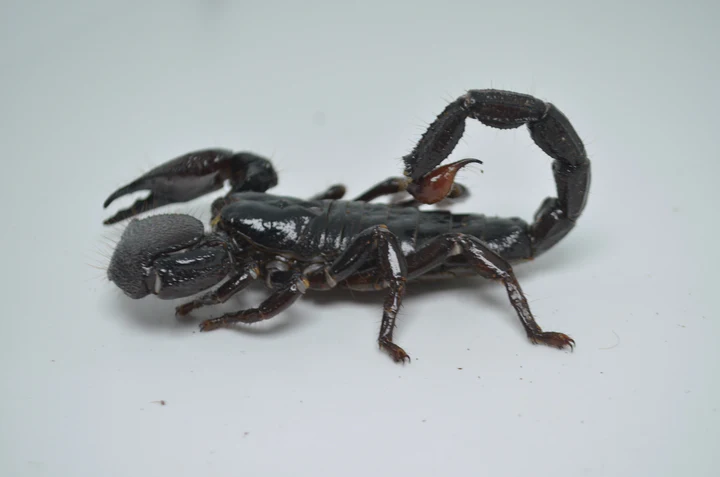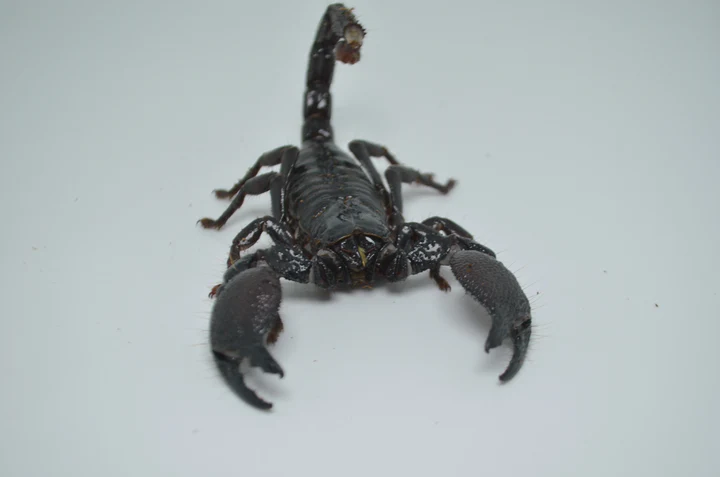

The majority of scorpion species are local or regional endemics, inhabiting particular substrates or geological formations and known from one or a few localities (Prendini 2001b, Barahoei et al. 2020). The world scorpion fauna remains poorly sampled, especially in Africa and Asia, with new species regularly discovered. Few studies have addressed the conservation status of scorpions. Despite a massive international trade in these arachnids, only five species are protected by the Convention on International Trade in Endangered Species of Wild Fauna and Flora (CITES 2020). Stricter regulation of the harvesting of wild scorpions by the conservation authorities of several countries (e.g. Iran and Pakistan) has not impacted the venom-extraction business, which continues to escalate illegally. For example, although the Iranian Department of Environment permits legal harvesting and venom-extraction from six scorpion species (Fig. 2), this is difficult to enforce due to the limited expertise available to verify the taxonomic identity of material harvested and traded commercially. For similar reasons, entrepreneurs are unlikely to discriminate but rather to collect all individuals encountered.
Asian Black Forest Scorpions For Sale
- Pandinus viatoris
- Field Collected
- Currently feeding on crickets and small roaches
- 100% satisfaction guaranteed
- Shipping priority overnight air
We guarantee our animals to be alive, healthy, and to your satisfaction when you receive them, and three days after arrival! Please read our full animal guarantee for further details.
This animal list is updated every single day, multiple times a day!
We carry a wide range of bugs here at LLLReptile including scorpions, centipedes, millipedes, roaches, crabs and more!
Everything marked “CB” is captive bred. Anything not marked CB is not captive bred.


It is not difficult, using modern methods of ultraviolet light detection, to collect hundreds or thousands of scorpions in a single night. Repeated collecting may rapidly denude an area of scorpions. Given the often geographically restricted distributions, substratum-specific and philopatric nature of scorpions, as well as their K-selected life history, including long generation times and relatively small brood sizes, by arthropod standards, many scorpion species will be slow to repopulate and some could be exterminated altogether by continued harvesting (Prendini 2001a, 2001b, 2003, Prendini et al. 2003, Prendini & Loria 2020). As such, wild harvesting of scorpions is unlikely to be sustainable. For similar reasons, concerning the specific ecological requirements and longevity of scorpions, captive breeding programs, whether for commercial venom-extraction or conservation efforts, are unlikely to be successful for most species.
Send your message to this supplier
.





